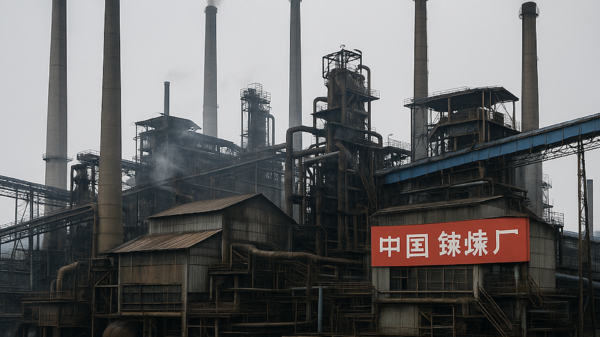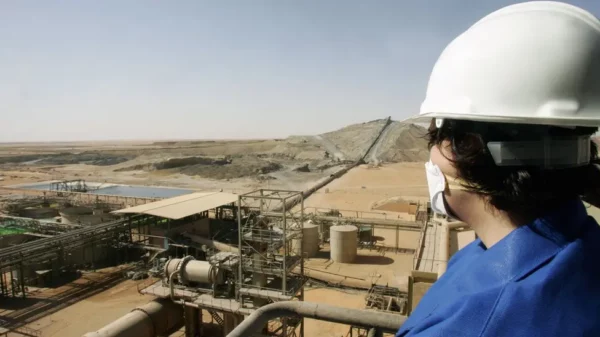Cameco Corporation‘s (TSE: CCO) (NYSE: CCJ) Inkai joint venture project in Kazakhstan has temporarily stopped producing uranium due to bureaucratic issues.
The company indicated on Thursday that the recovery JV didn’t get an extension required to submit its paperwork because of a delayed submission to the Kazakhstan energy ministry.
The JV is split between Cameco and state-owned Kazatomprom, with Cameco owning 40 per cent.
The extension was expected last year, according to a Cameco release. Reports had not suggested production might be suspended. The Saskatoon-based company’s shares rose 1.8 per cent to CAD$75.28 on Thursday morning in Toronto. This has increased its market capitalization to CAD$32.7 billion. Its shares traded within a 52-week range of CAD$48.71 to CAD$88.18.
Comparatively, Kazatomprom shares declined by 2.1 per cent to USD 36.95 in London. The consequence involves a reduction of its market capitalization to GBP 7.8 million (USD 9.6 million).
BMO Capital Markets analyst Alexander Pearce said the Inkai suspension increases uncertainty around Kazakhstan’s near-term uranium production ramp-up. He added that the spot uranium price could rise if both companies need to purchase supplies to fulfill commitments.
“The company highlighted that documentation is expected to be submitted in the next couple of weeks, but it is not clear on a timeline for the approvals process and commencement of operations,” said Pearce.
Read more: Department of Energy inks deal with six companies for low-enriched uranium
Read more: F3 Uranium finds high radioactivity during summer drilling campaign in Saskatchewan
BMO projects Inkai to produce 9.3 million pounds of U3O8 in 2025
Kazatomprom said it does not expect any significant impact on its 2025 production forecast of 65 to 68.9 million tonnes of uranium oxide (U3O8). BMO forecasts production at 65.6 million tonnes of U3O8.
Inkai is the largest uranium operation in Kazakhstan. BMO projected that it will produce 9.3 million pounds of U3O8 this year, accounting for 14 per cent of Kazakhstan’s output and 16 per cent of Cameco’s production.
Raymond James analyst Brian MacArthur said that the timing of Cameco’s approximately 4 million pounds of U3O8 annual output from Inkai can vary due to the use of the TransCaspian International Transport Route. Furthermore, this route bypasses Russian rail lines and ports.
“The timing of these deliveries, in turn, can impact the timing/amount of dividends (Cameco) receives from JV Inkai,” said MacArthur.
.
joseph@mugglehead.com













